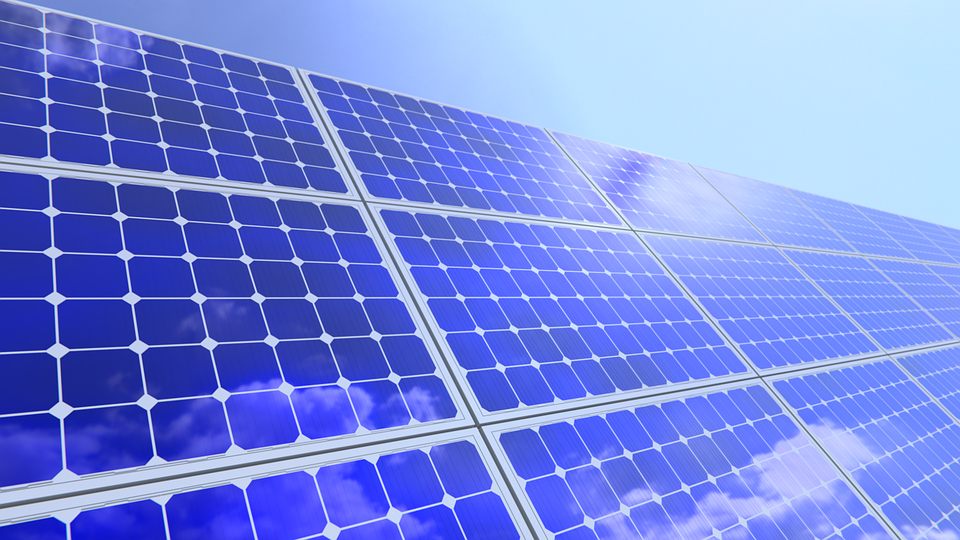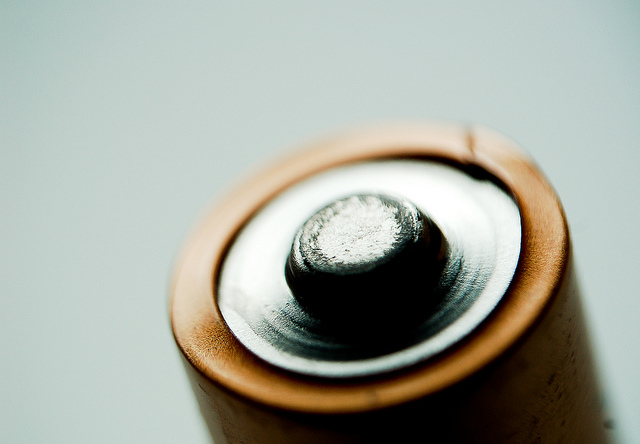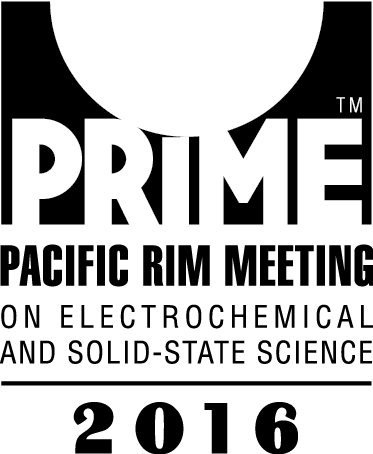How solar panels can save everyone money
When talking about the benefits of solar energy, one challenge always makes its way into the conversation: cost. While many see solar as a costly alternative to conventional means of generating electricity, a study out of Boston University is showing how solar not only saves those who own panels money, but even those who generate electricity conventionally.
According to the study, the 40,000 solar panels deployed in Massachusetts have effectively cut electricity prices for the nearly three million power users in the state (even those households and businesses not utilizing the panels).
“Until now, people have focused on how much was being saved by those who owned PV,” says Robert Kaufmann, professor of Earth and environment at Boston University. “What this analysis quantified was that it actually generates savings for everybody.”






![Pictured (from left to right): Mahsa Lotfi Marchoubeh, Leanne Mathurin, Isaac Taylor, and Haitham Kalil[Click to enlarge]](https://www.electrochem.org/wp-content/uploads/2016/06/IMG_1530.jpg)
 Don’t miss out on your chance to receive an
Don’t miss out on your chance to receive an 
